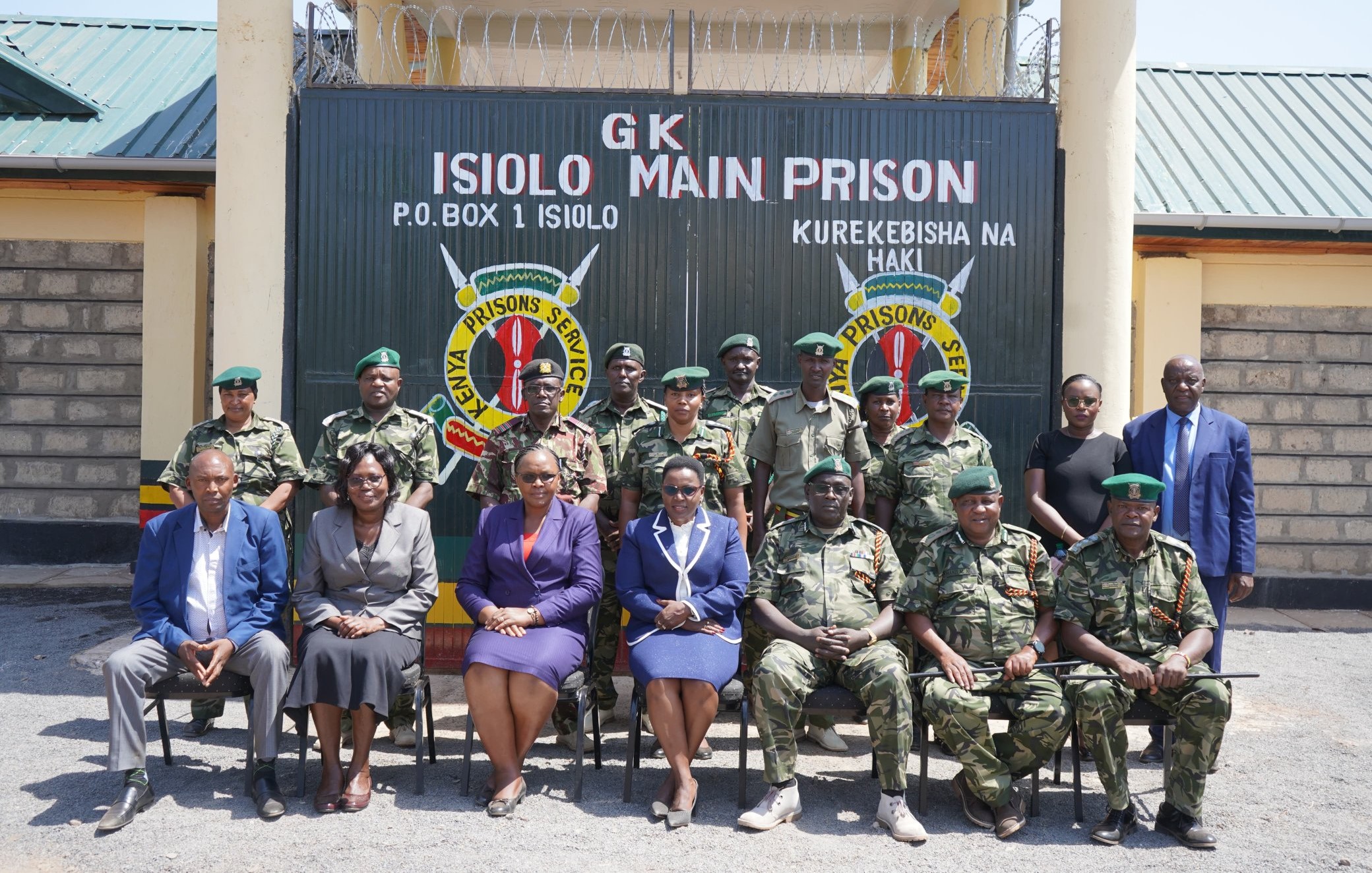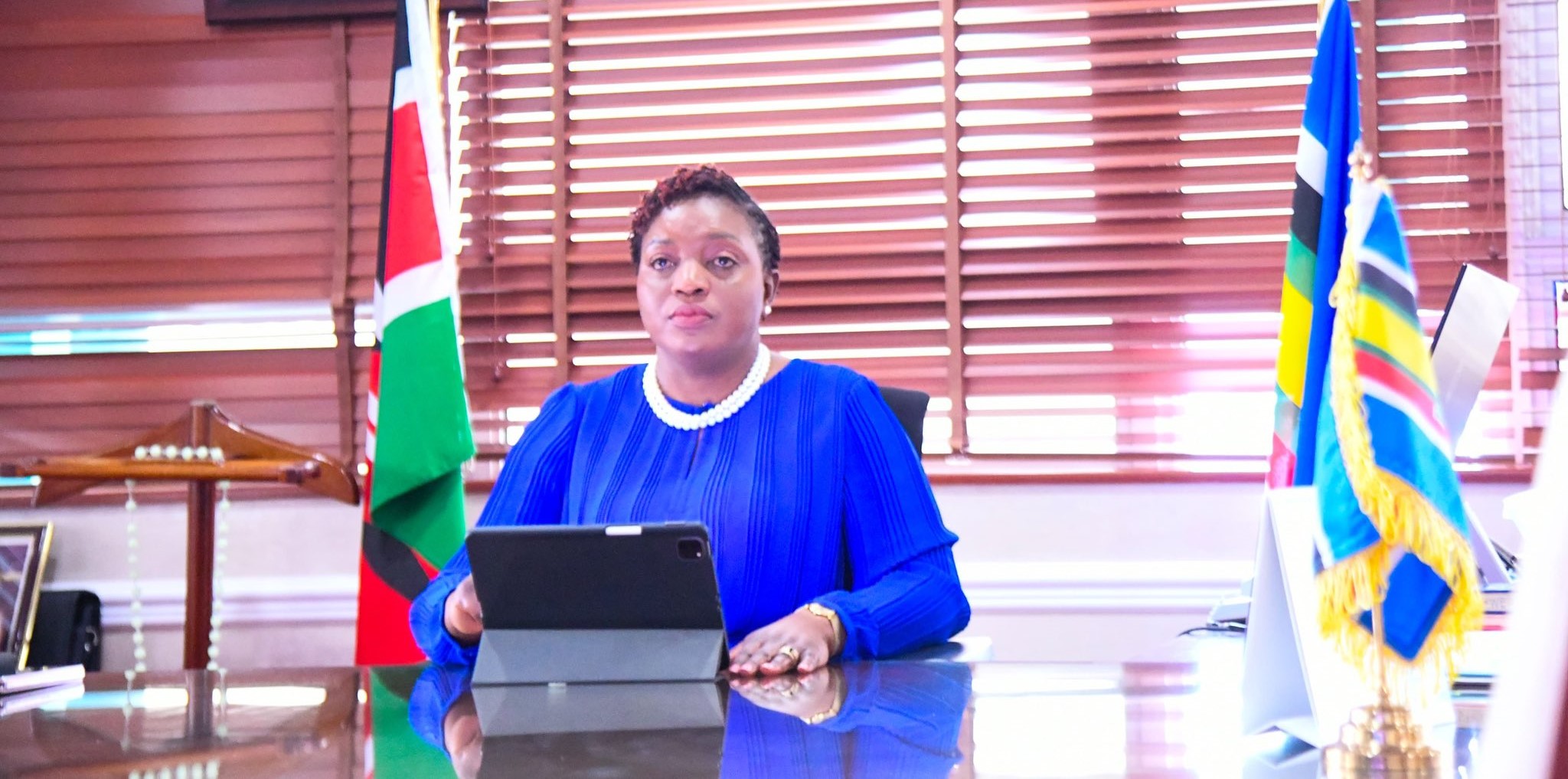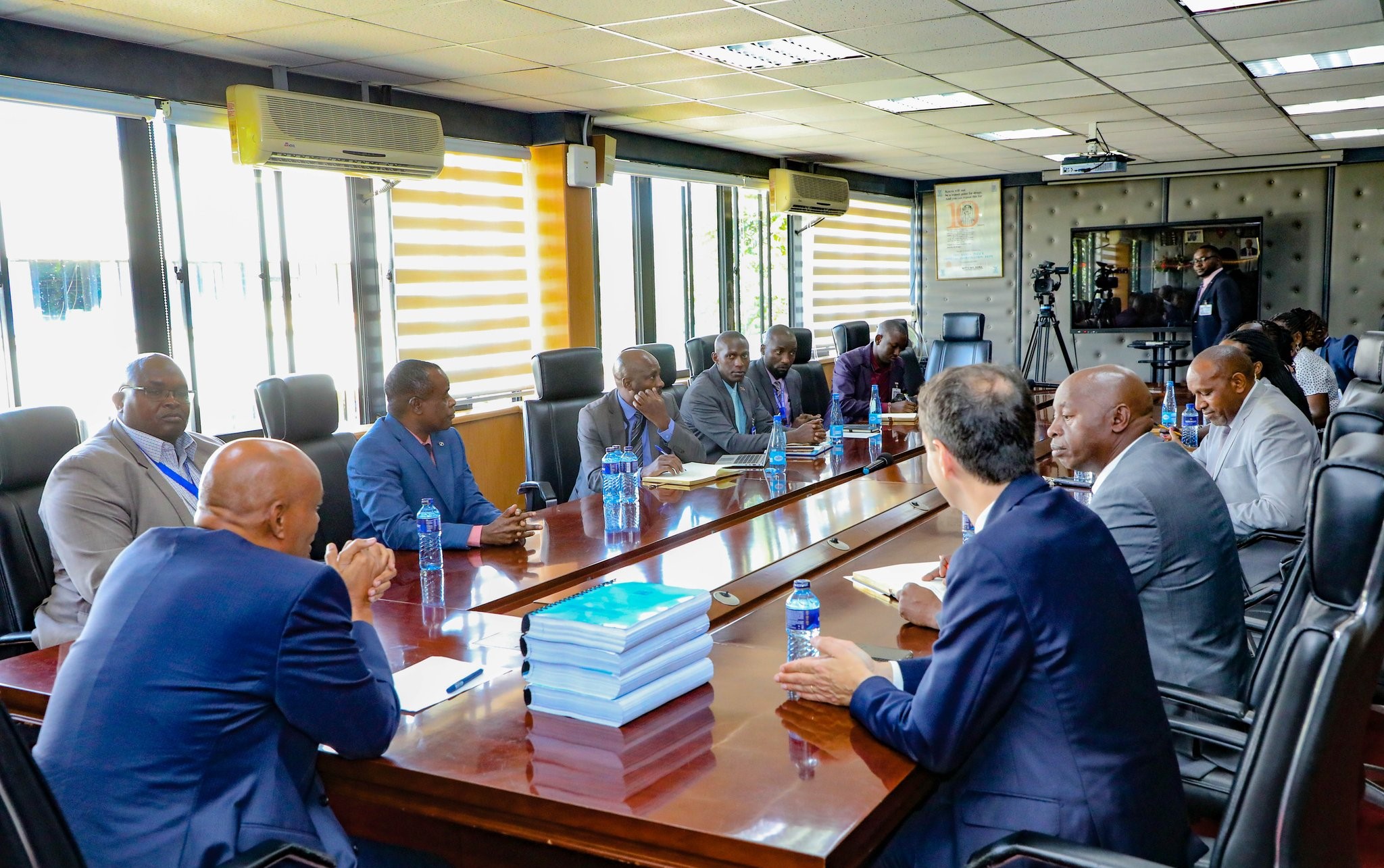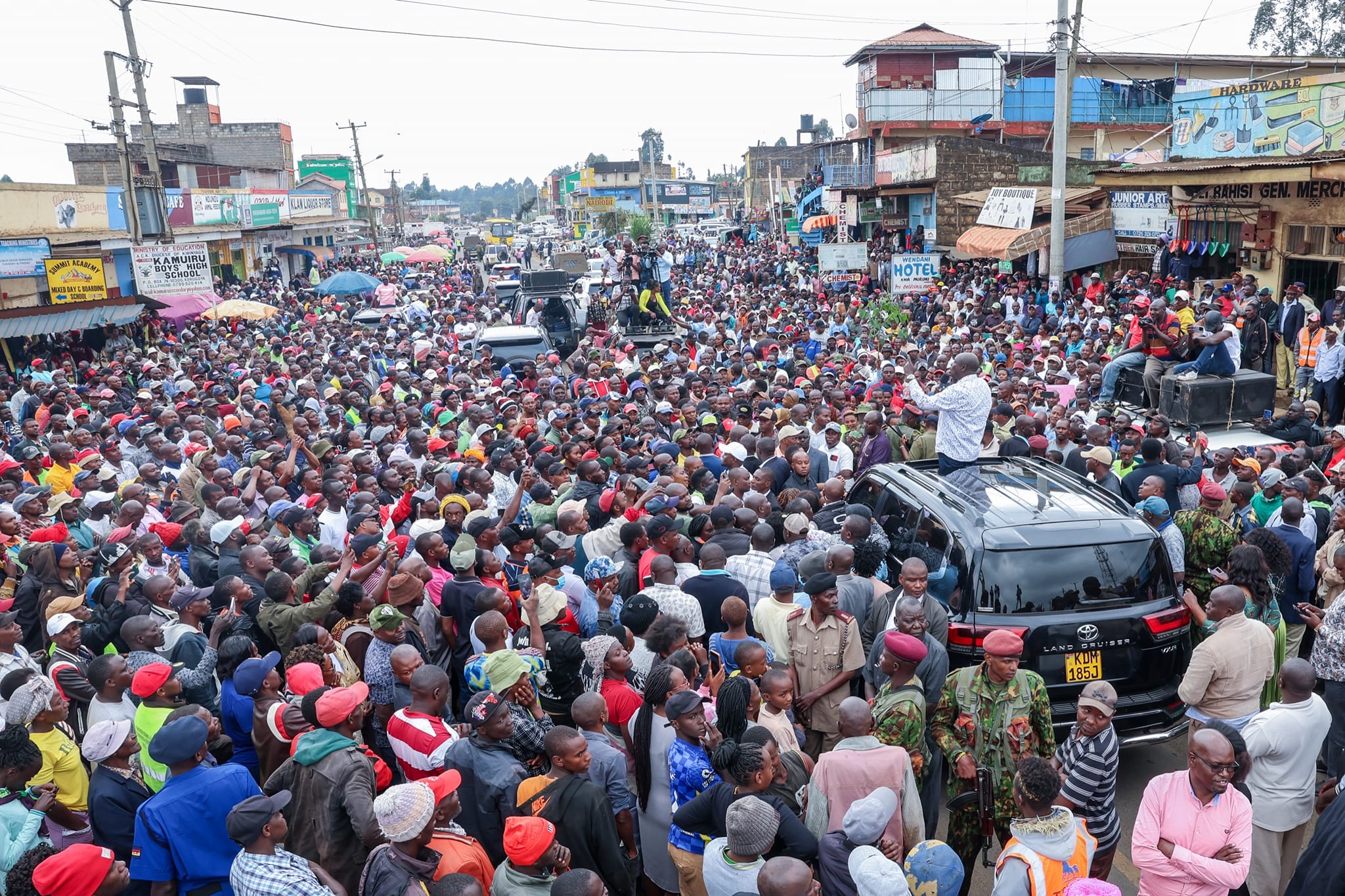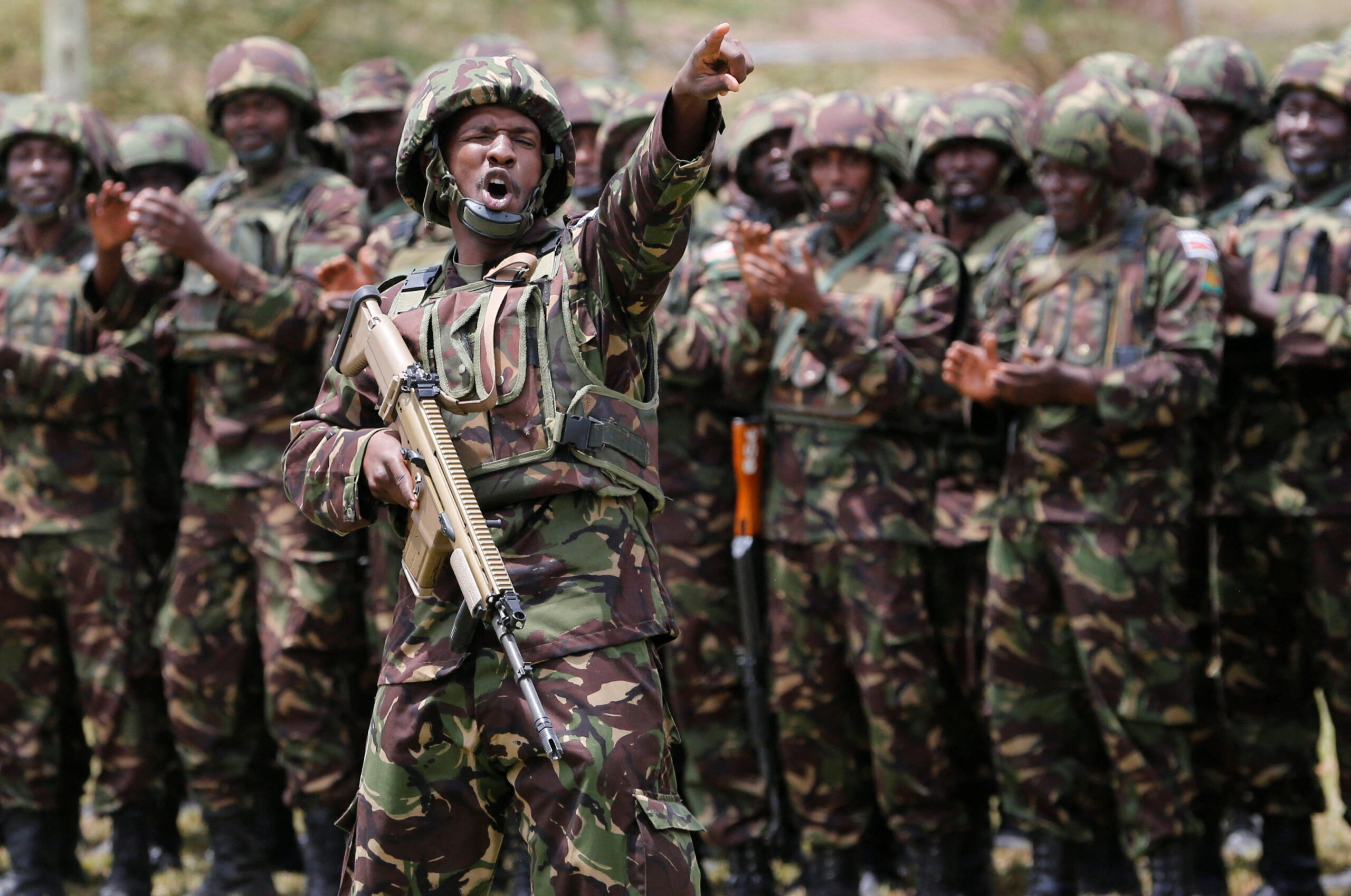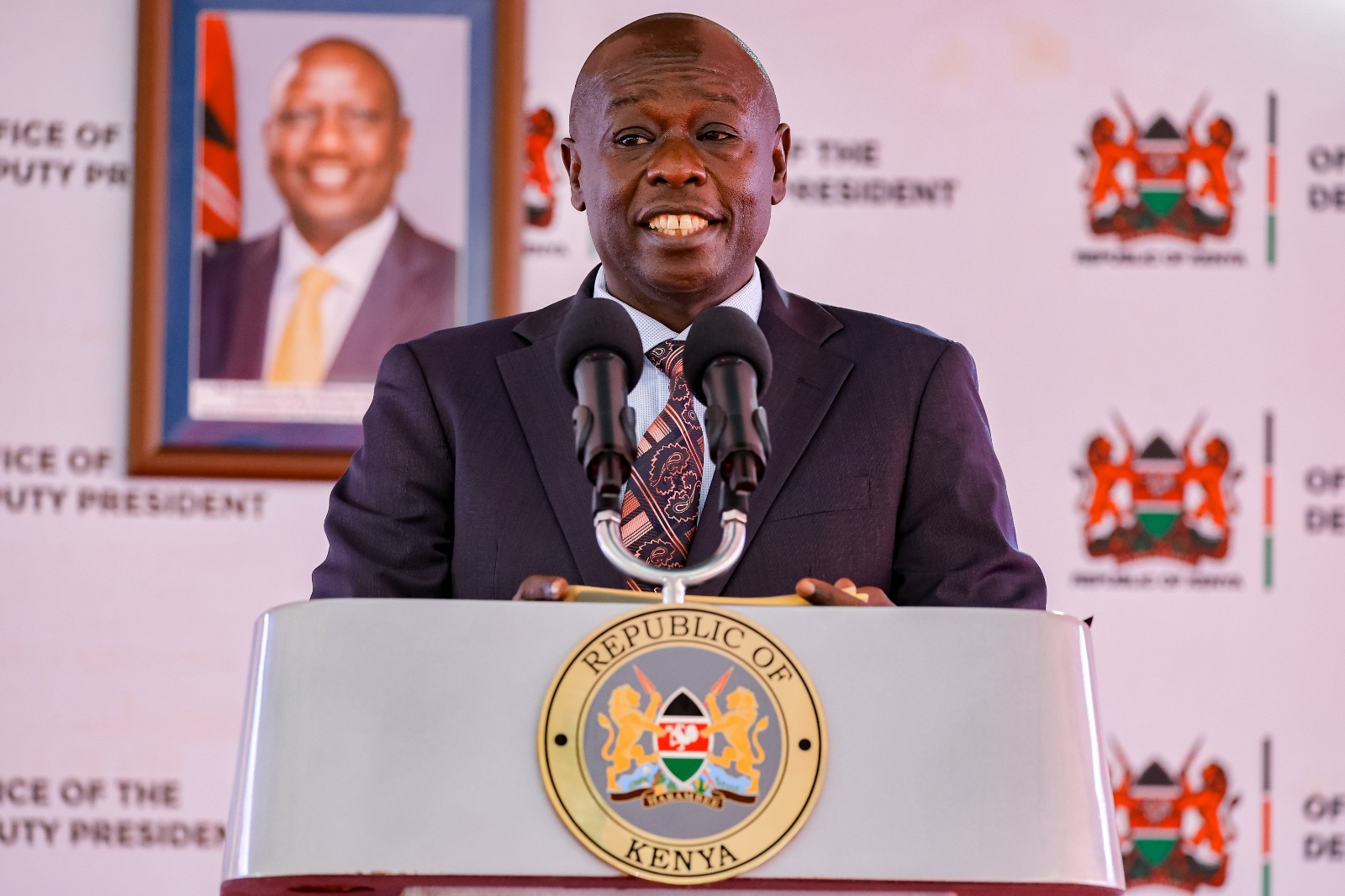
Deputy President Rigathi Gachagua is advocating for Mt. Kenya to receive its fair share of development resources, emphasizing the need for equitable distribution based on population and needs.
He argues that resource allocation, including the building of hospitals and schools, should focus on areas with larger populations to maximize resource utilization.
The second in command highlights the logic behind resource allocation, indicating that areas with larger populations require more resources to cater to the demand for services such as healthcare, education, and infrastructure.
Resources and taxation are directly linked to population needs, and Gachagua advocates for areas with larger populations to receive a fairer share of resources to ensure effective service delivery.
Gachagua stresses the importance of fair resource allocation to areas with large populations to prevent overcrowding and overstretched healthcare systems, ensuring that hospitals and medicines are readily available.
He highlights the connection between empowering people with basic services and economic productivity, leading to more taxpayers and an expanded tax base.
Moreover, the DP explains the basic economic principle that areas with larger populations will naturally have higher demands for resources such as bursaries, healthcare, and education.
While advocating for Mt. Kenya, Gachagua is calling for a fair share for everyone, ensuring that each region receives resources based on its needs, whether it’s for roads, water services, education, or healthcare.
Gachagua’s call is to mitigate demands based on the needs of each region, ensuring that resources are distributed according to the demand for essential services such as roads, water, education, and healthcare.
Gachagua’s advocacy is for equitable development, where each region receives resources commensurate with its needs, ensuring that no area is left behind and that all citizens have access to essential services for their well-being and productivity.

